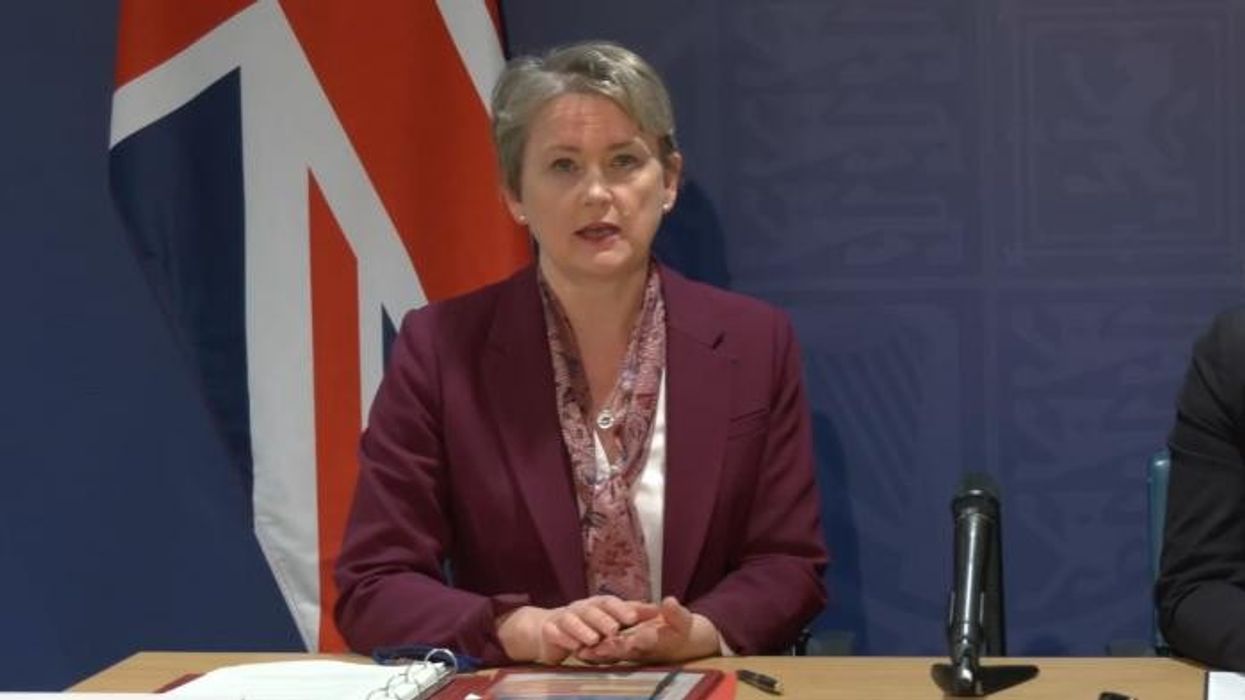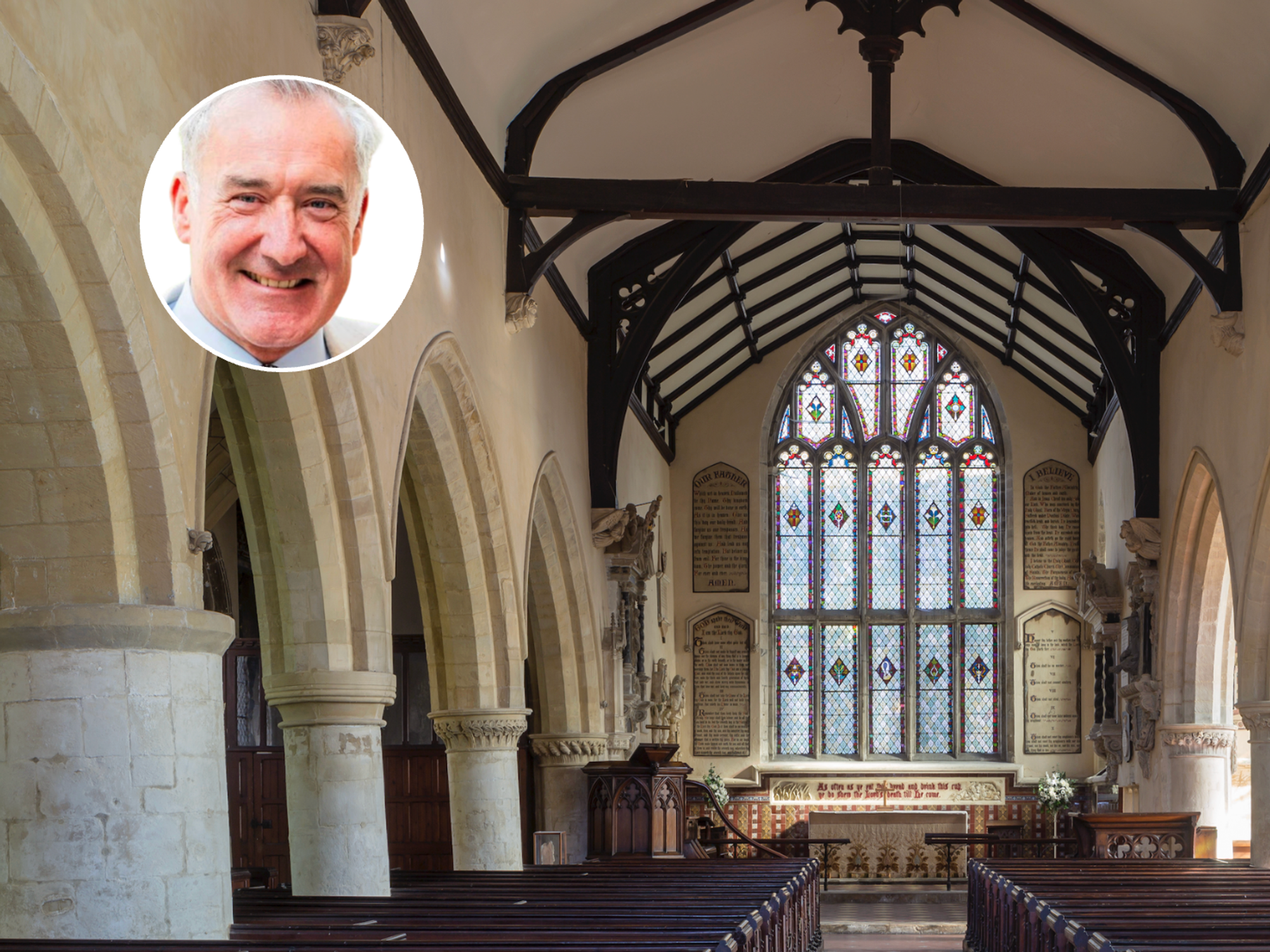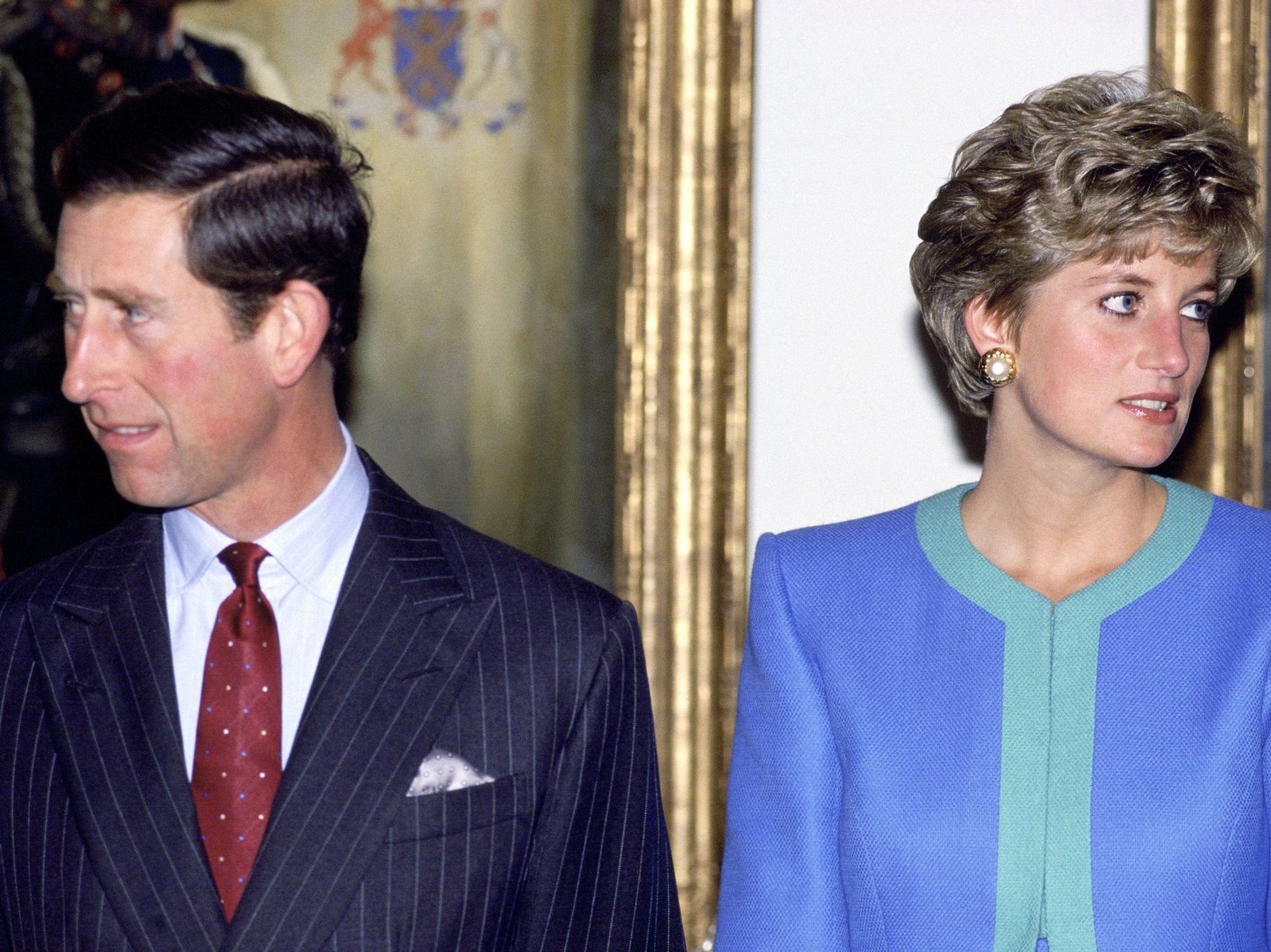German Chancellor Olaf Scholz loses no confidence vote with snap elections just months away
Scholz’s Social Democratic Party (SDP) had been trailing in opinion polls
Don't Miss
Most Read
Latest
German Chancellor Olaf Scholz has lost a vote of no confidence in parliament, triggering an early election in February.
The Chancellor called today’s vote and expected to lose it, but intended the early election to be a chance for him to revive his party’s political fortunes.
This comes two months after the fall of Scholz’s three-party coalition government which left him in charge of a minority administration.
Ahead of today’s vote, Scholz said it was now up to the voters to “determine the political course of our country.”
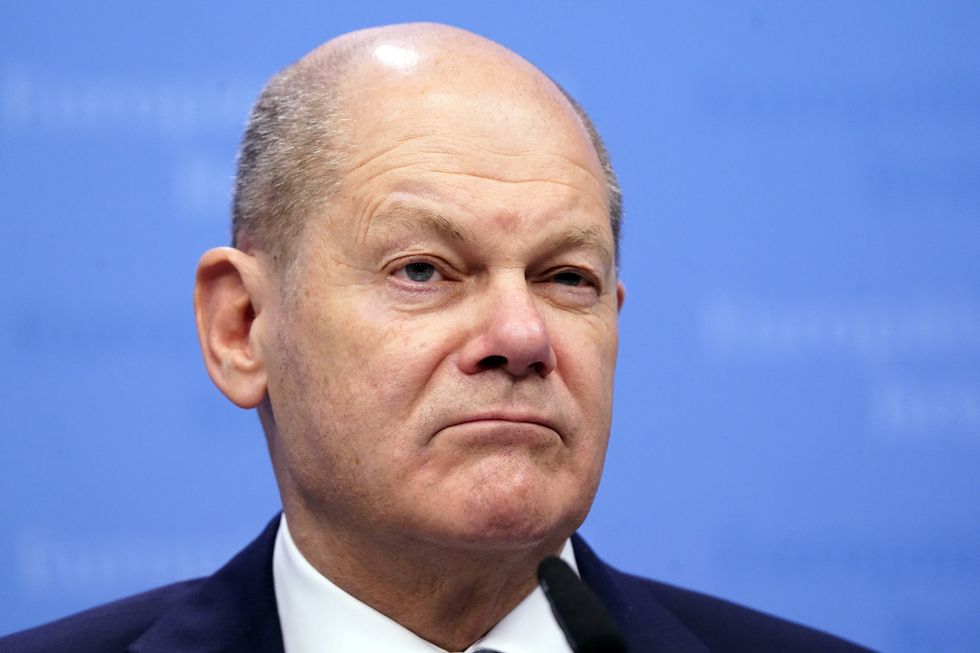
The Chancellor called today’s vote and expected to lose it
| GETTYHowever, Monday’s result was the outcome the Chancellor had hoped for.
Since his coalition collapsed in November, he had relied on the conservative opposition to pass any new laws, rendering his administration ineffective.
Scholz’s Social Democratic Party (SDP) had been trailing in opinion polls while conservatives Christian Democratic Union (CDU) appears to be on course to return to government.
Scholz said Monday that he had called the vote not only for parliament but the whole of the electorate.
Prior to the vote he said: “Do we dare be a strong country, to invest powerfully in our future.”
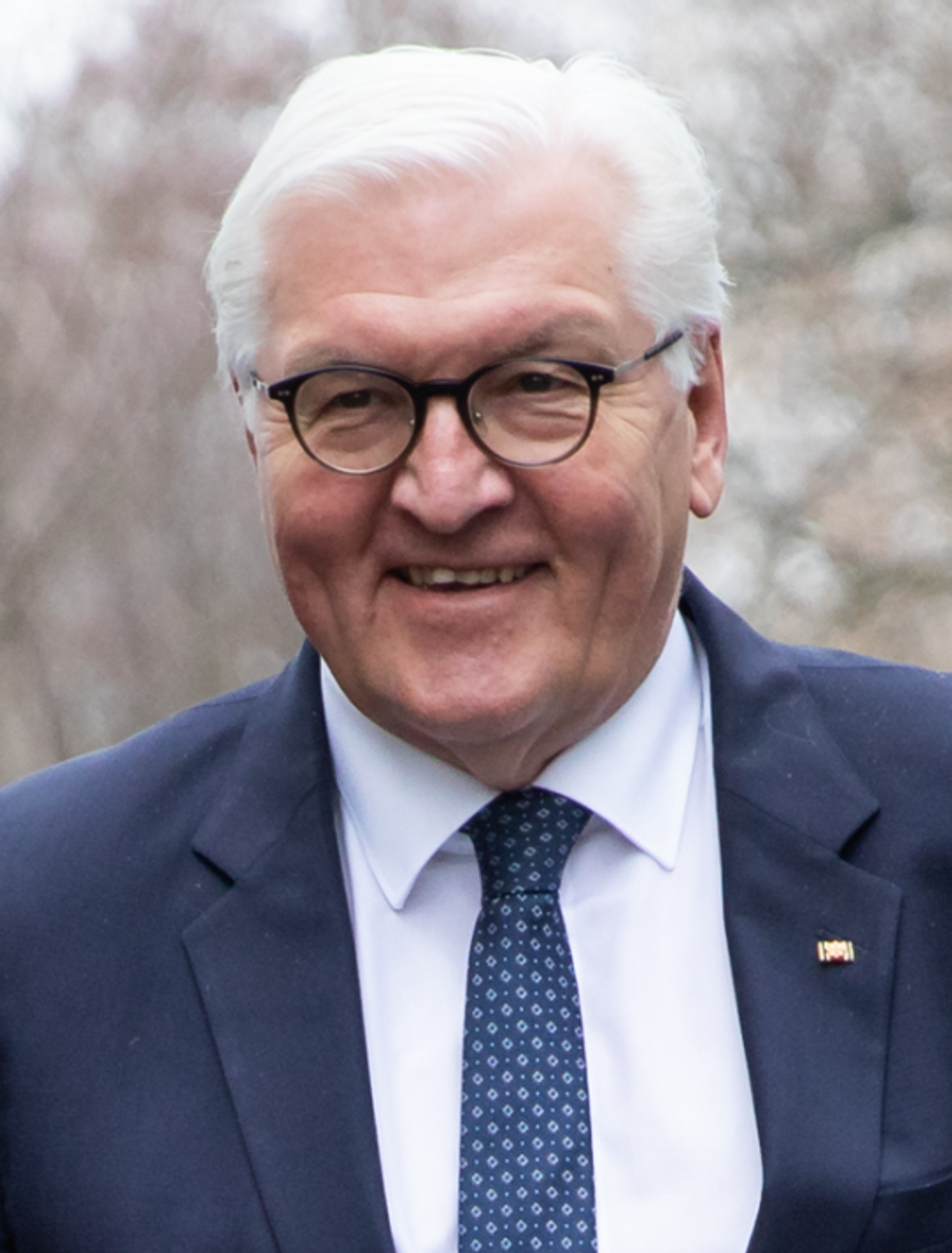
German President Frank-Walter Steinmeier has 21 days to dissolve parliament
|Wikimedia
This marks only the sixth time in Germany’s history that such a vote has taken place.
Now, German President Frank-Walter Steinmeier has 21 days to dissolve parliament.
A new election then needs to take place within 60 days, with the date set for February 23.
Campaigning for the 2025 election has already begun, with parties beginning to discuss policy proposals around themes like the economy, taxes, immigration and social security.
Germany has seen a growth in new parties in parliament, many of which are more readical.
The hard-right Alternative for Germany (AfD) party is polling at almost 20 per cent.
Although it will not get into government because nobody will form a coalition with them, votes that would normally go to the two centrist parties are going to AfD.
The bigger this share is, the more difficult it is for the mainstream parties to form a stable governing coalition.
At the moment, the conservatives are leading in the polls but their refusal to work with the hard-right leaves them limited in coalition partners.
This could mean Scholz’s SDP could become a possible partner.


